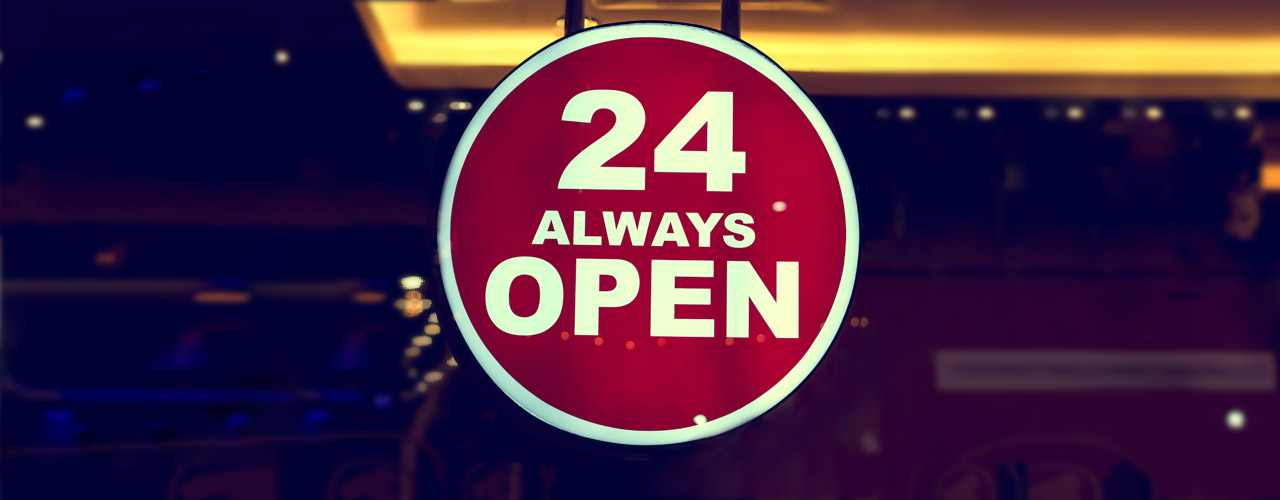On-Demand Healthcare for the 24/7 Consumer
How patients’ need for instant gratification is affecting your hospital
Let’s talk about convenience, and how it affects consumer experience.
I’m a hot yoga fanatic. Unfortunately, I don’t go to class as often as I’d like to, but when an opportunity arises, I’m there.
At a lot of gyms, members have to get there ten minutes early, wait in line, sign up and pay at the welcome desk. Somedays the line is too long and sometimes they miss class because of it.
The hot yoga place I go to allows members to reserve a class and pay online hours, days and even weeks in advance.
Their website lists types of classes, their respective teachers and saves my payment information so that I don’t have to retrieve my credit card each time I checkout. So when I’m in a rush to leave work, I don’t have to worry about missing warrior two pose or downward dog. I know there’s a spot for me and my mat.
Hospitals need to start offering that same level of convenience. Consumers, like myself, expect on demand everything today.
Our “2016 Healthcare Marketing Trends” white paper talks about how consumers are used to doing things on their own time.
According to the white paper, consumers can no longer tolerate restricted hours. Hospitals need to start thinking about online scheduling and email app communications with physicians.
Think of it like this: 24/7 healthcare is the new nine to five.
Retail clinics such as Walgreens and CVS and other urgent care centers cater to this type of lifestyle. Accidents happen over the weekend, or sometimes people are only available to see a doctor after work. According to our white paper, if your hospital or healthcare practice can’t compete with these clinics, then join them in offering the same level of convenience and patient experience.

